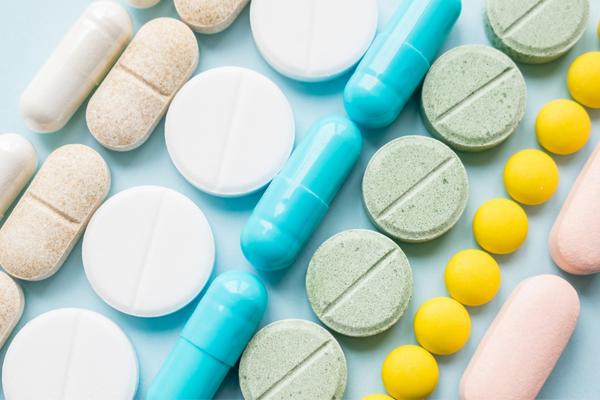Opioid dependence is when a person regularly uses opiates and their body adjusts and depends on the drug in order to function properly. Once a person has become dependent, they will experience very unpleasant physical and mental withdrawal symptoms if they stop or reduce their regular use of opioids. 
How Long Does It Take The Body To Develop a Dependence on Opioids?
Taking opioids for longer than a period of 4 to 8 weeks can lead to physical dependence. Once a person has developed a physical dependence, they will experience severe symptoms such as pain, chills, cramps, diarrhea, dilated pupils, anxiety, restlessness, nausea, vomiting, and insomnia if they abruptly stop taking the medication. They will also experience intense cravings for the drug. An individual can develop a mental dependence on opioids after taking them for just 5 days. This is because opioids are some of the strongest drugs on the planet. They produce very high levels of positive reinforcement due to the brain releasing dopamine (the body’s feel-good chemical) when they are taken.
What Experts Say About Opiate Addiction
Researchers and addiction professionals have broken down the science behind opioid addiction and abuse. The National Institute of Health “The Neurobiology of Opioid Dependence: Implications for Treatment” says:
One of the brain circuits that is activated by opioids is the mesolimbic (midbrain) reward system. This system generates signals in a part of the brain called the ventral tegmental area (VTA) that result in the release of the chemical dopamine (DA) in another part of the brain, the nucleus accumbens (NAc). This release of DA into the NAc causes feelings of pleasure. Other areas of the brain create a lasting record or memory that associates these good feelings with the circumstances and environment in which they occur. These memories, called conditioned associations, often lead to the craving for drugs when the abuser reen-counters those persons, places, or things, and they drive abusers to seek out more drugs in spite of many obstacles. Particularly in the early stages of abuse, the opioid’s stimulation of the brain’s reward system is a primary reason that some people take drugs repeatedly. However, the compulsion to use opioids builds over time to extend beyond a simple drive for pleasure. (NIH)
It is for this very reason that opioids are typically only prescribed for 3 days or less when they are needed for acute pain.
More About Opioid Use Disorder
Opioid dependence can eventually lead to opioid use disorder (OUD). Opioid Use Disorder is a chronic lifelong disorder characterized by a problematic pattern of opioid use that causes significant impairment or distress. Also known as opioid abuse, dependence, or addiction, opioid use disorder causes a desire to obtain and take opioids despite any negative social and professional consequences. It also consists of the overwhelming desire to use opioids, an increase in the tolerance to opioids, and subsequent withdrawal syndrome if opioids are discontinued. Opioid Use Disorder often involves periods of exacerbation and remission and just like other substance use disorders, OUD is a chronic relapsing brain condition.
Treatment for Opioid Addiction
Evoke Wellness offers a safe and comfortable environment for medical detoxification. Our patients are treated extensively so that minimal discomfort is experienced during the detox process. We provide residential treatment in a structured environment and then provide you with aftercare support which is very important when being treated for addiction. Our treatment centers offer a comprehensive approach to treating substance abuse with multiple levels of care. Evoke Wellness is here to help you! We want to get you on the road to long-term recovery.


